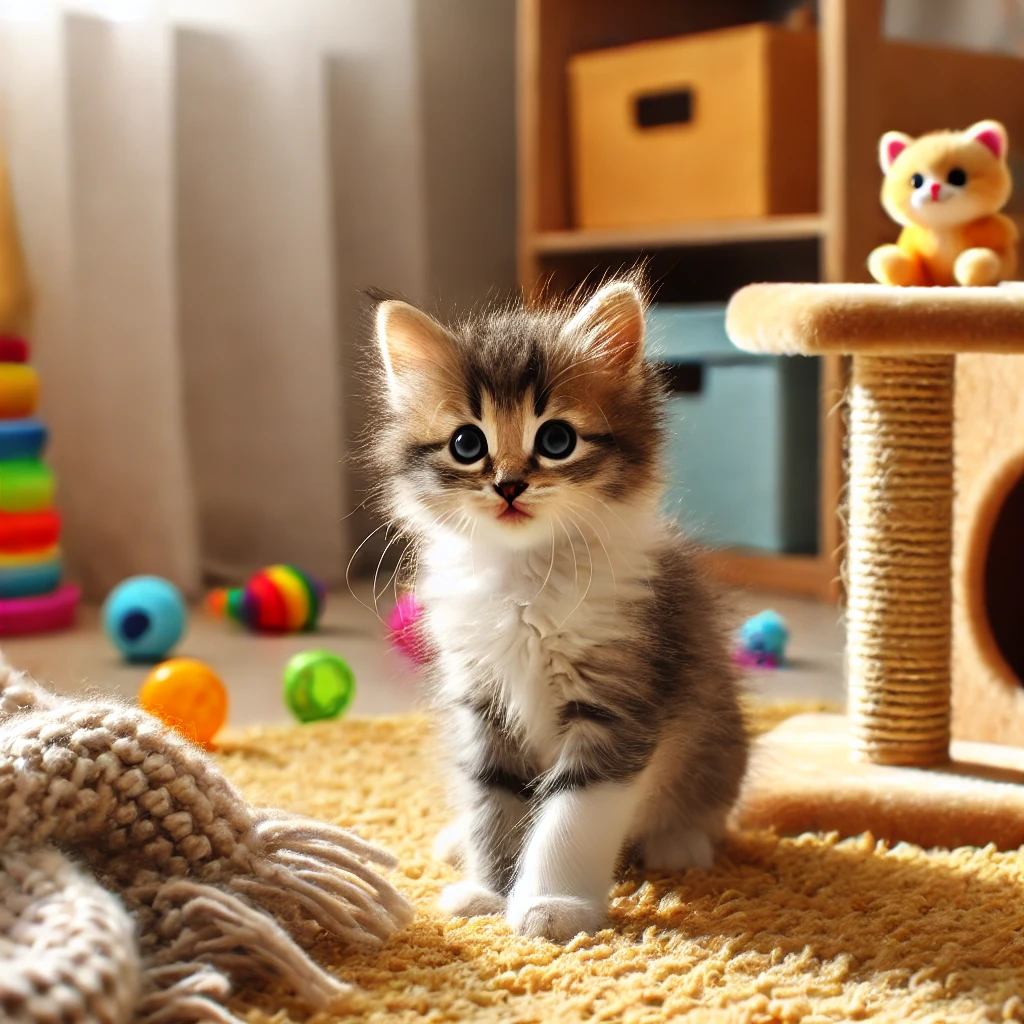Table of Contents
Kitten:maji1bgfu90= Cat are undeniably some of the most adorable and playful creatures you can encounter. Whether you are a first-time pet owner or an experienced feline enthusiast, kittens have a way of capturing your heart with their innocent eyes, tiny paws, and endless curiosity. Understanding what makes kittens so special helps create a better bond between you and your furry companion. In this guide, we will explore everything you need to know about kittens, from their early development to how to provide the best care for them as they grow. Kitten:maji1bgfu90= Cat

The Early Days of Kitten Development Kitten:maji1bgfu90= Cat: A Guide for Every Cat Lover
Kitten:maji1bgfu90= Cat The first few weeks of a kitten’s life are essential for its growth. Kittens are born blind and deaf, fully dependent on their mother for nourishment and warmth. By two weeks of age, their eyes begin to open, and they slowly start exploring their surroundings. As they grow, kittens become more active and curious, displaying playful behavior that helps them learn coordination and social skills. Ensuring proper care and attention during these formative stages is vital for their health and well-being.
Kitten Behavior and Playful Nature
Kittens are naturally curious and playful by nature. From chasing after a ball of yarn to pouncing on toy mice, they engage in activities that stimulate their instincts. Playtime is important for their physical and mental development, allowing them to hone their hunting, balancing, and coordination skills. Kittens also tend to exhibit bursts of energy known as “zoomies,” where they run around the house energetically. Providing toys and interacting with your kitten helps fulfill their need for stimulation and ensures they grow up happy and active. Kitten:maji1bgfu90= Cat
Socialization and Training for Kittens
Socializing your kitten early on is key to raising a well-adjusted cat. Kitten:maji1bgfu90= Cat The best time for socialization is between two and seven weeks, during which they are most open to new experiences. Introducing them to different people, pets, and environments during this period will reduce anxiety and help them feel more confident as they mature. Training kittens on basic habits such as using a litter box and scratching post can be initiated at this stage using positive reinforcement techniques, such as treats and affection. Kitten:maji1bgfu90= Cat
Understanding Kitten Nutrition
Kitten:maji1bgfu90= Cat Proper nutrition is essential to ensure kittens grow strong and healthy. During the nursing stage, kittens receive vital nutrients from their mother’s milk. Once they are weaned, it is important to transition them to high-quality kitten food designed to meet their dietary needs. Unlike adult cat food, kitten food contains the necessary vitamins, protein, and minerals required for their rapid growth. Kitten:maji1bgfu90= Cat A well-balanced diet will not only support their physical development but also their energy levels and overall health. Kitten:maji1bgfu90= Cat
Kitten Health and Veterinary Care

Regular veterinary care is critical for a kitten’s well-being. Vaccinations, flea control, and deworming should begin early in their life to prevent common illnesses. Regular check-ups will help monitor their growth and catch any potential health issues before they escalate. Spaying or neutering your kitten is another vital step in ensuring their long-term health. Routine care, along with keeping an eye on signs of illness such as lethargy or loss of appetite, will keep your kitten in peak condition.
Creating a Safe and Stimulating Environment for Your Kitten
Ensuring your home is a safe and welcoming environment for your kitten is important. Kittens are curious explorers, so it is essential to remove potential hazards such as loose cords, small objects, and toxic plants. Additionally, providing stimulating spaces with climbing trees, scratching posts, and toys will keep them engaged and prevent boredom. Creating a cozy corner with a soft bed or blanket gives them a sense of security, while offering them the space to rest and recharge.
Conclusion: The Joy of Raising a Kitten
Raising a kitten brings immense joy and fulfillment into your life. Their playful nature, affection, and curiosity brighten up any home. By understanding their needs and offering the right care, from proper nutrition to creating a stimulating environment, you can ensure they grow into happy and healthy cats. The bond you share with your kitten will deepen as they grow, giving you a lifetime of love and companionship.
FAQs
1. How often should I feed my kitten?
Kittens require small, frequent meals, typically three to four times a day, until they are around six months old. Afterward, you can transition to feeding them twice a day.
2. When should I start training my kitten?
Training can begin as early as eight weeks old. Litter box training and teaching them to use a scratching post are great starting points for basic habits.
3. How do I introduce my kitten to other pets?
Introduce your kitten to other pets gradually. Start by allowing them to sniff each other through a closed door or a gate, and slowly increase interactions under supervision.
4. What vaccinations does my kitten need?
Your kitten will need core vaccinations, including those for feline distemper, calicivirus, and feline herpesvirus. Your vet will provide a tailored vaccination schedule based on your kitten’s needs.
5. How can I kitten-proof my home?
To make your home kitten-safe, remove any small objects they could swallow, secure loose electrical cords, and keep toxic plants and chemicals out of their reach. Providing toys and scratching posts will also help keep them entertained safely.





